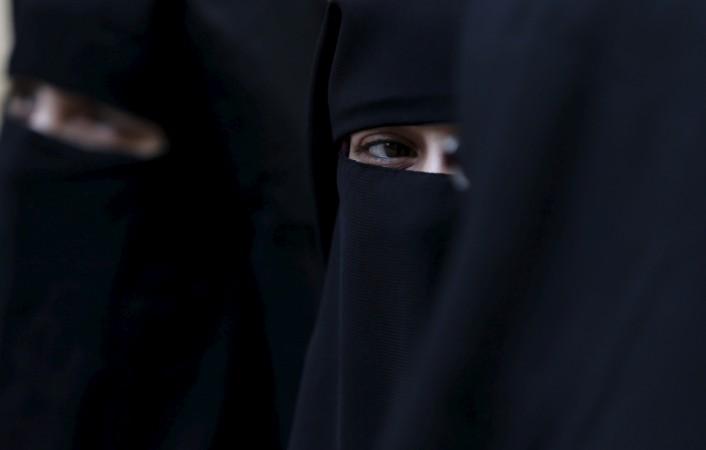
The Muslim Education Society (MES) created waves of shock across the country after the Kozhikode-based group's president Fazal Gafoor banned face veil on the campus. This is one of the first occasions of the burqa ban being implemented in the country.
However, many did not take this announcement lightly. Gafoor said that he has been receiving death threats over the past few days. Gafoor is the head of one of the largest educational institutes in the country and his announcement was applicable to all institutes under the MES.
Talking to NDTV, Gafoor said, "I received a phone call from a mobile on Friday, threatening to kill me. It was a male voice and he used very harsh, threatening and demeaning words on me." He added, "He seemed to have very agitated and furious over the issuance of circular banning face veil in MES institutions."
The order, which was released on April 17, read, "Without creating any controversy, the institutions must make sure to implement from 2019-20 academic year that students do not come to the class wearing any attire covering their face."
One of the reasons why Gafoor brought about the directive was that students could not be identified in classrooms with their faces covered. He added that covering the faces was a new habit and is not part of the Islam culture in Kerala.
"According to the High Court order all managements retain their right to decide on dress code. We will not allow students or teachers to cover their faces with face veil from the coming academic year," Gafoor was quoted as saying in the report.
He explained, "Covering the face is not inherent to the culture in Kerala, the tradition and practices of faith followed here. Students cannot even be recognised with their face veils nor students can follow the teachers well if they wear a face veil. If any other Muslim organisations have issues with this decision, they can allow for face veils in institutions under them."
The new decree has come at a time when MPs in Sri Lanka demanded the burqa to be banned in the country in the aftermath of Easter Sunday bombings in the country on April 21. The demands split to its neighbouring country, India, where several right-wing groups also asked for the burqa to be banned as the police have cracked down on many ISIS modules across the southern part of India.










